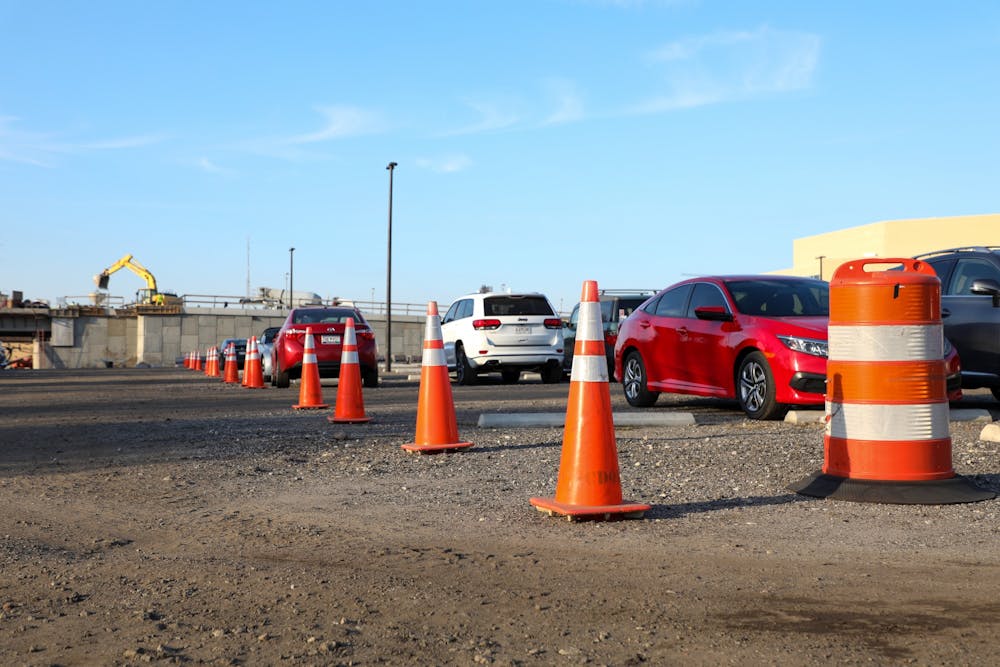Between the difficulty of finding spaces and paying expensive prices, parking at the University of South Carolina can be frustrating for everyone. USC should look towards newer strategies to find a solution to these problems.
The current semester price of parking in a USC garage is $400, or $110 a year for a general parking permit, as well as metered street parking. Students have to pay this amount on top of the cost of tuition, housing, meals and other fees.
There is also often a lack of parking spaces available on the street or in lots during class times, so students can find it hard to get to class on time.
“Parking is really hard to find on campus, especially if you don’t have a parking garage spot," Katherine Davenport, a second-year pharmaceutical science student, said.
Parking costs at USC are high because parking infrastructure is expensive, according to Koby Padgett, USC’s communications manager for the Division of Administration and Finance. Padgett said the average construction cost for a garage is $15,000 to $16,000 per space in the garage as well as the cost of the land and operational costs.
For another parking option, the university has opened some off-campus lots which are connected to campus with a shuttle that runs every 20 minutes, Padgett said.
Other colleges in South Carolina also struggle with relatively high parking prices.
At the College of Charleston, the cheapest parking available is $100 per month, according to the website. Clemson students pay $178 a year for a standard parking pass, which only covers certain lots, according to the website.
However, other universities have come up with better solutions to parking problems, which USC should try to learn from.
In 2002, the University of Georgia started to assign parking permits based on the person's role on campus and time spent on campus.
All permit holders are given campus parking, but the different groups assigned have different priorities in each lot, depending on factors such as student housing status and employee tenure. UGA's prices range from $10 to $40 a month.
USC could also try to make its class schedule more staggered so that there are fewer students trying to find parking at the same time, a strategy that Rutgers University utilized.
Padgett declined to comment on either of these potential solutions. He said anyone can send parking suggestions to parking@mailbox.sc.edu.
USC is also trying to solve the parking issue by making students less car-dependent, according to Padgett, but that solution also has problems.
“Our campus master plan is really encouraging a more bike and pedestrian-friendly campus. So it is pushing our parking to the perimeter and that is, by design, to make our campus safer for walking and biking," Padgett said.
Despite the efforts to make the campus more bike-friendly to reduce parking demands, it's not a perfect solution. Marion Williams, a first-year criminal justice student, said she had not made use of the bicycle system on campus due to hills on campus.
"It would just be a big hassle to have to walk it up, walk it down and not have to hit other students while riding your bike. I just think a bike is not optimal for USC so I have not done that," Williams said.
Although there have been efforts to reduce parking issues at USC, none of them have been viable for sustaining the demand of more than 34,000 students on campus. The university should adapt to newer methods and put in more effort to look into outside sources to help curb the university’s parking issues.

